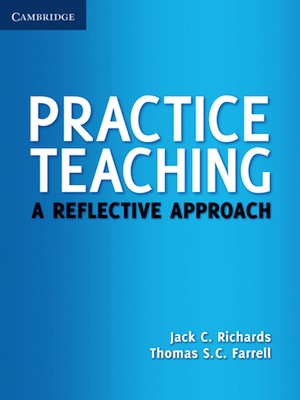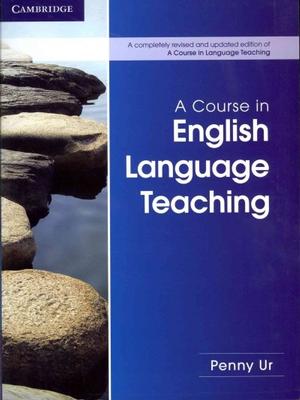
How to Write ESP Materials
How to Write ESP Materials is the first ebook book that I have ever reviewed, so the review will focus on the electronic reading experience as well as on the content of the book itself. As well as being readable on Amazon’s Kindle e-reader, the mobi version can be read online, on a computer or tablet, using the freely downloadable Kindle app. The EPub version can be read on most other e-readers (except the Kindle), but also on a computer or tablet with the freely downloadable Adobe Digital Editions, or any other EPub app.
How to Write ESP Materials is part of a modular series from ELT Teacher 2 Writer, whose aim is to help ELT teachers become authors. However, as the author of this module points out on the ELT Teacher 2 Writer website, her first coursebook “like most ESP materials, is no money spinner.” So this is not intended as a get-rich-quick course, but rather a guide to the many facets of ESP materials writing. It starts with a pre-module task in which teachers reading the book are asked to think about the materials they use to teach ESP, and the rationale behind their design. There is also a series of relevant quotes to ponder, from key authors and researchers in the field of ESP.
Read on →




